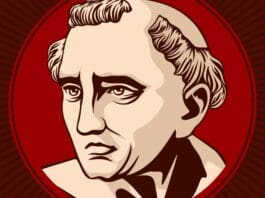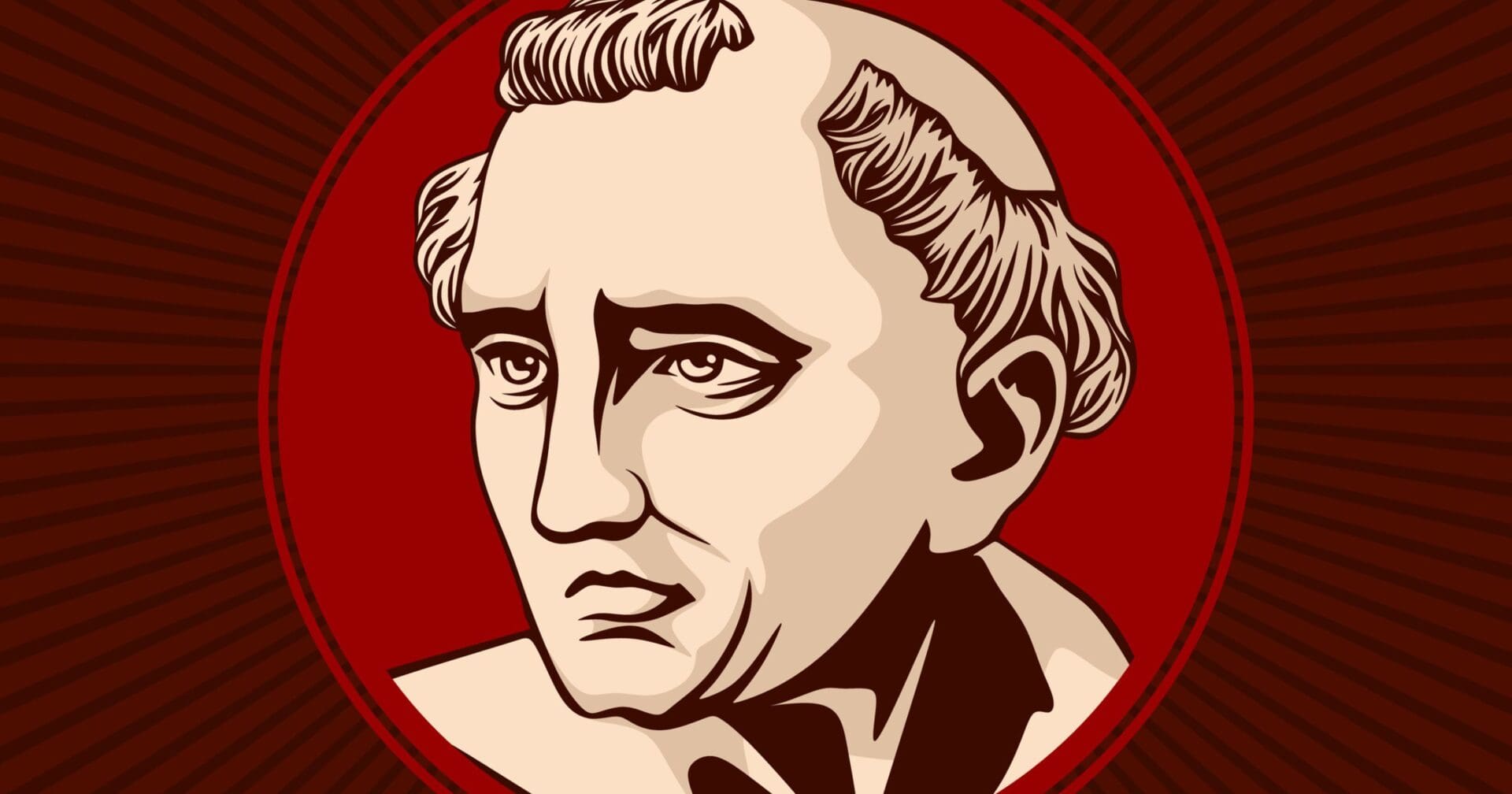
Blessed John Duns Scotus, born in Duns, Berwickshire, Scotland, around 1265, received his name after St. John the Evangelist and was a devout child from the beginning. He had a strong Christian upbringing, both at home and under the guidance of the parish priest. His catechism lessons took him to the Cistercian Abbey of Melrose, where he developed a deep love for the Virgin Mary, inspired by the teachings of St. Bernard.
However, as a young boy, John struggled with intellectual challenges, finding it difficult to read, write, and understand the intricacies of faith. He turned to Mary, the Seat of Wisdom, in prayer and asked for her help in overcoming his intellectual limitations. According to legend, Mary appeared to him and granted his request, leading to a remarkable transformation in his abilities.
At the age of 15, John joined the Order of Friars Minor (the Franciscans) in Dumfries, Scotland, where he grew in piety and virtue. After a year, he took his vows of poverty, chastity, and obedience, dedicating himself to God. John then embarked on a journey of theological studies, including ordination as a priest in 1291.
During a Christmas night in 1299 at the Oxford Convent, John experienced a profound mystical event. He was enraptured in contemplation of the Incarnation and claimed that the Blessed Mother appeared to him, placing the Child Jesus in his arms. This encounter inspired John to delve deeply into the theology of Christ’s primacy and the reason for the Incarnation.
John spent several years teaching at Oxford and Cambridge, where his reputation as a theologian and philosopher grew. His penchant for making fine distinctions in theological debates earned him the title of the “Subtle Doctor.” His contemporaries marveled at his ability to elucidate complex theological concepts.
In Paris, John became known as the “Marian Doctor” for his defense of the Immaculate Conception of Mary. He faced opposition from the University of Paris, which held a different theological position regarding Mary’s purity. In a public dispute, John defended his doctrine, relying on his trust in the Immaculate Virgin for strength. He prevailed, and the University of Paris eventually embraced his views on Mary’s Immaculate Conception.
John Scotus faced periods of exile and controversy due to political and theological disagreements, but his teachings continued to gain recognition. He lectured in Cologne, Germany, until his untimely death on November 8, 1308, at the age of 43. He was honored as “blessed” shortly after his passing.
Pope Pius IX affirmed the correctness of John’s Marian doctrine in 1854, declaring that Mary was preserved from the stain of original sin at the moment of her conception. Additionally, John’s doctrine on the universal primacy of Christ received church approval with the institution of the feast of Christ the King in 1925. In 1993, Pope John Paul II beatified John Duns Scotus at St. Peter’s Basilica in Rome.
Blessed John Duns Scotus, often referred to as the “minstrel of the Word Incarnate” and the “Defender of Mary’s Immaculate Conception,” serves as a model of fidelity to revealed truth and effective dialogue for the Church. His teachings continue to enlighten our society, which grapples with faith and seeks unity in an age marked by abundant human, scientific, and technological resources.
Photo credit: Bibleboxone / Shutterstock.com
The post Blessed John Duns Scotus appeared first on uCatholic.
Daily Reading
Memorial of Saint Cecilia, Virgin and Martyr
Readings for the Memorial of Saint Cecilia, Virgin and Martyr Reading 1 RV 10:8-11 I, John, heard a voice from heaven speak to me.Then the voice spoke to me and…
Daily Meditation
Sacred Spaces
Click here for daily readings “My house shall be a house of prayer, but you have made it a den of thieves.” With that line, Jesus is condemning those who…




